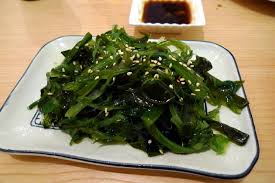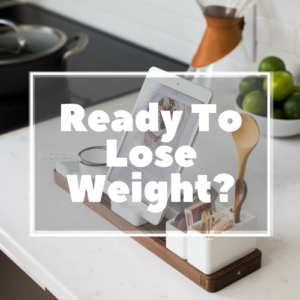Protein is an important part of a healthy diet – it is used in almost every cell in the body and is necessary for many chemical reactions, and to provide energy. Understanding High Protein Vegetables is very important for anyone that does not consume meat or animal-based products. Protein is comprised of amino acids that are combined to make new proteins (e.g. bone and muscle), enzymes, and hormones. Some of these amino acids are considered ‘essential’ since the body is unable to produce them and must be consumed in high enough quantities for the body to function. However, this is not to say these amino acids are difficult to come by.
How much protein do you need?
The amount of protein required depends on a variety of factors such as age, gender, and body weight. As a general rule though, protein should comprise about 15-25% of your energy intake. The recommended values for people aged 19-70 is 0.84g per kilogram of body weight per day for men, and 0.75g per kilogram of body weight for women.
As you age, muscle mass tends to decrease a lot faster and so for people over 70 the recommended amounts are 81g/day for men and 57g/day for women.
Additionally, second and third trimester pregnant women require slightly more protein daily – increased by 1g per kilogram of body weight.
The average western diet easily contains enough protein to meet these guidelines, but strict vegetarians and vegans should be slightly more conscious of their diet. This is because the foods with the highest sources of protein are red meats (beef, lamb, veal, pork) and poultry (chicken, turkey, duck). Eggs and dairy are also sources of high protein. Therefore, when these are eliminated from a diet, there is a slightly higher chance of falling into protein deficiency. However, with a diverse enough vegetarian or vegan diet, it is normally easy enough to meet the required protein amounts.
High Protein Vegetables
Most vegetables are not very high in protein compared to other foods such as eggs, beans, peas, lentils, tofu, nuts, seeds, yoghurt, milk, or cheese, but if you eat a wide enough diversity and large enough quantity, they can provide the right levels of protein. Further, eating a diverse array of vegetables will take care of a bunch of other important nutrients and vitamins.
Some of the highest protein vegetables are listed below:
- Seaweed spirulina – 57.5g/100g. One of the best sources of protein available, easy to grow, yummy to eat, and filled with other vitamins and minerals that are also important in a plant-based diet, such as Vitamin B12 and iron.
- Dried mushrooms – 38.8g/100g. Mushrooms are a good source of protein when fresh, and once dried out have a pretty high concentration of protein. You can find dried mushrooms in most Asian supermarkets.
- Sun-dried tomatoes – 11g/100g. Similar to mushrooms, tomatoes have a much higher concentration of protein once dried out and are great for a bunch of vegetarian and vegan meals like pasta.
- Garlic – 6g/100g. Garlic is pretty high in protein, but harder to eat in large quantities. They can be nicely roasted in the oven for a delicious spread on toast though.
- Potato skins – 6g/100g. Potato skins have the least amount of carbohydrates of the potato and are pretty well packed with protein. Easy and cheap to cook too.
- Horseradish – 4.5g/100g. Horseradish, while more uncommon, have a decent amount of protein, and there are a bunch of recipes that can help you use them up.
- Broccoli – 4.4g/100g. While not the highest in protein, broccoli is one of the lowest vegetables in carbs, and is easy enough to get fresh and cheap. There are also many many ways to include a good helping of it in your diet, in stir fry, pasta, salad, or on their own as a side.
- Corn – 4.2g/100g. Sweet corn is technically a grain but is associated by most people with vegetables and so deserves a mention. Sweet corn has a lot of flavour, a fair amount of protein, and a lot of carbohydrates. It’s easy to cook and eat in fairly large quantities.
- Water spinach (ung choi) – 4.1g/100g. Water spinach is a nutritious high protein addition to most plant-based meals.
- Brussel sprouts – 3.8g/100g. Brussel sprouts are not only good sources of vegetable protein, but high in vitamins C, K, B6, and folic acid.
- Spinach – 3.7g/100g. Spinach is well known for its health benefits, so it’s not surprising it’s high in protein as well. It can be easily added to any number of dishes, and cooks quickly.
- Bok choy – 3.7g/100g. Bok choy is a staple in many Asian dishes. It’s high in protein and other vitamins and minerals, and adds a nice crunch to a meal.
- Leek – 3g/100g. Leek can often be used in fairly large quantities for meals and provide good flavour as well as protein.
- Artichokes – 3g/100g. Artichokes can be eaten boiled, grilled, braised, stuffed, or baked and are a great source of easy protein.
- Asparagus – 2.4g/100g. Asparagus are an easy side dish or topping to many meals, and are low in calories and high in fibre, folate, and vitamins A, K, and C.

